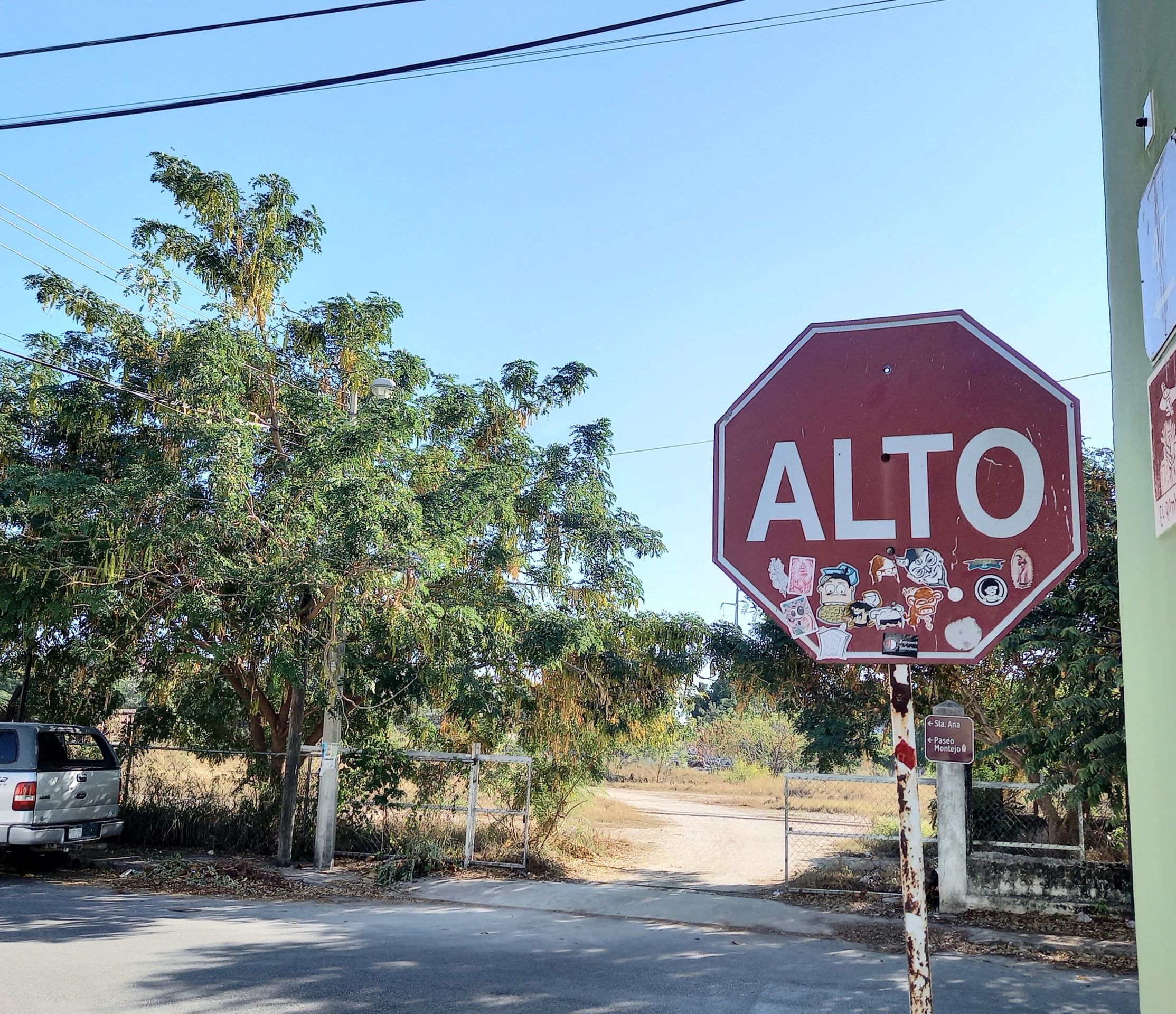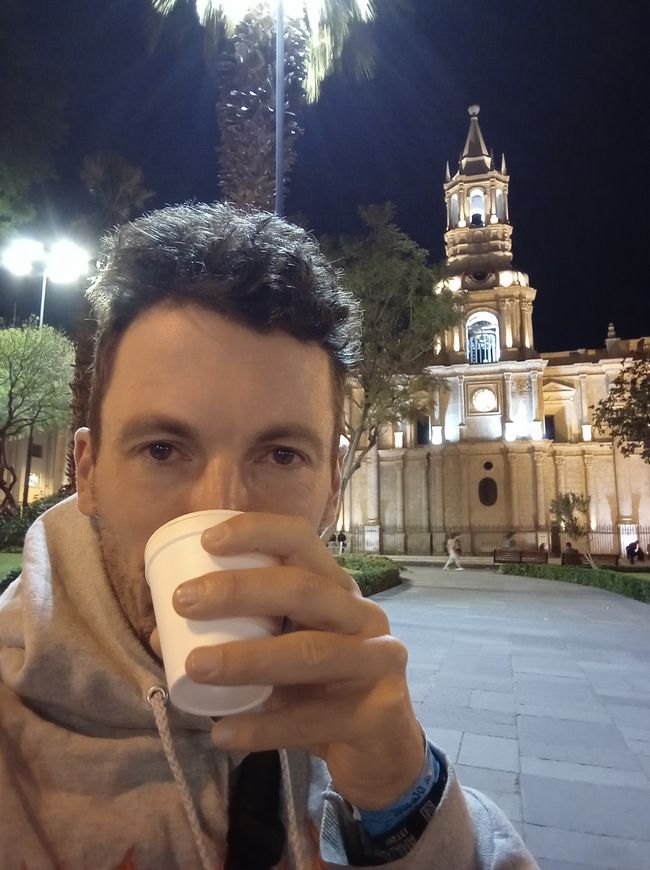Travel diary
Published: 06.04.2022
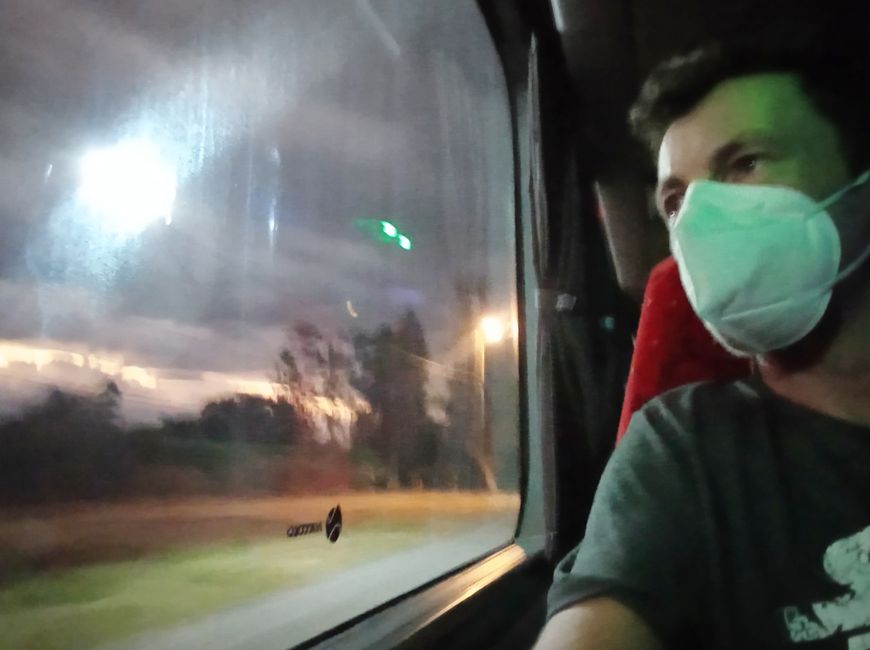
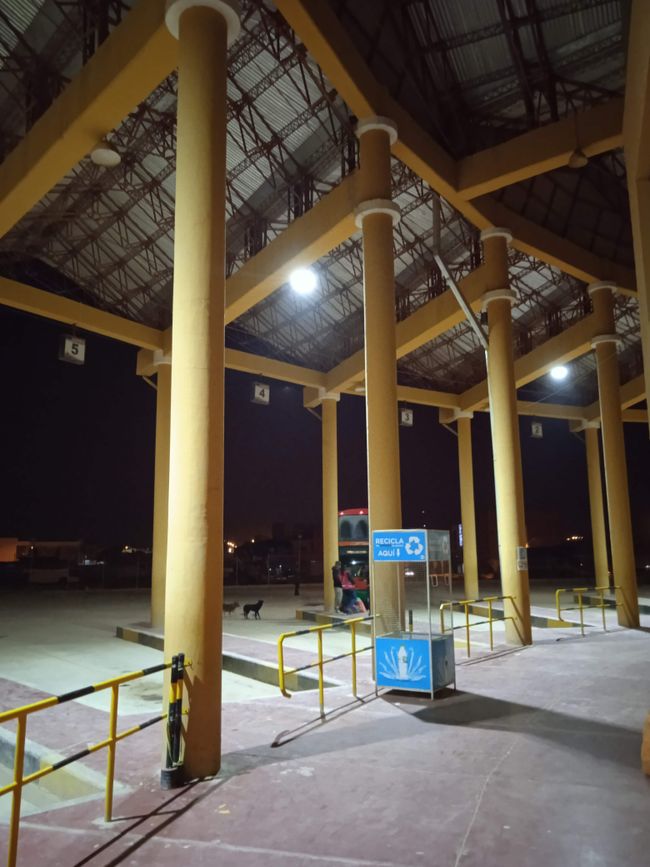
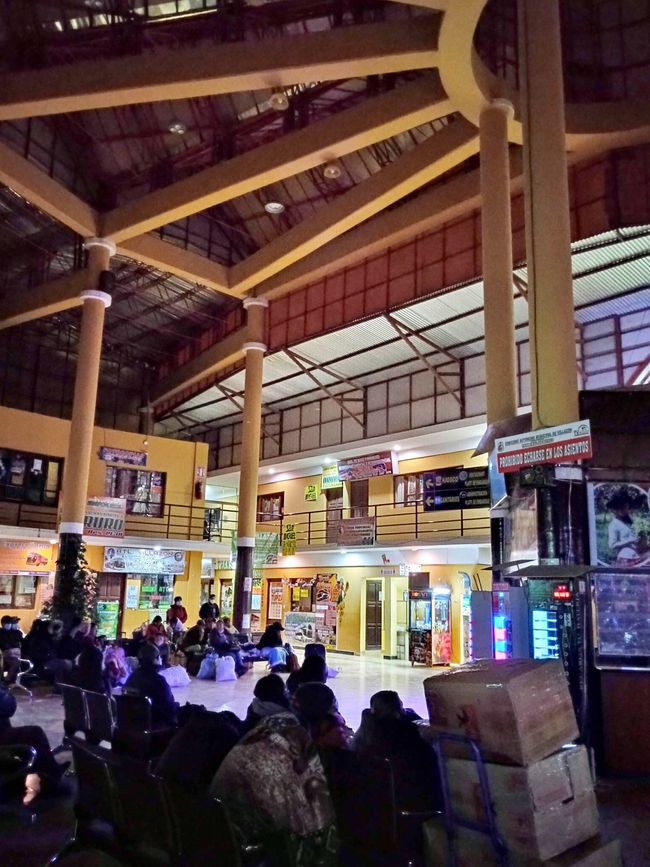
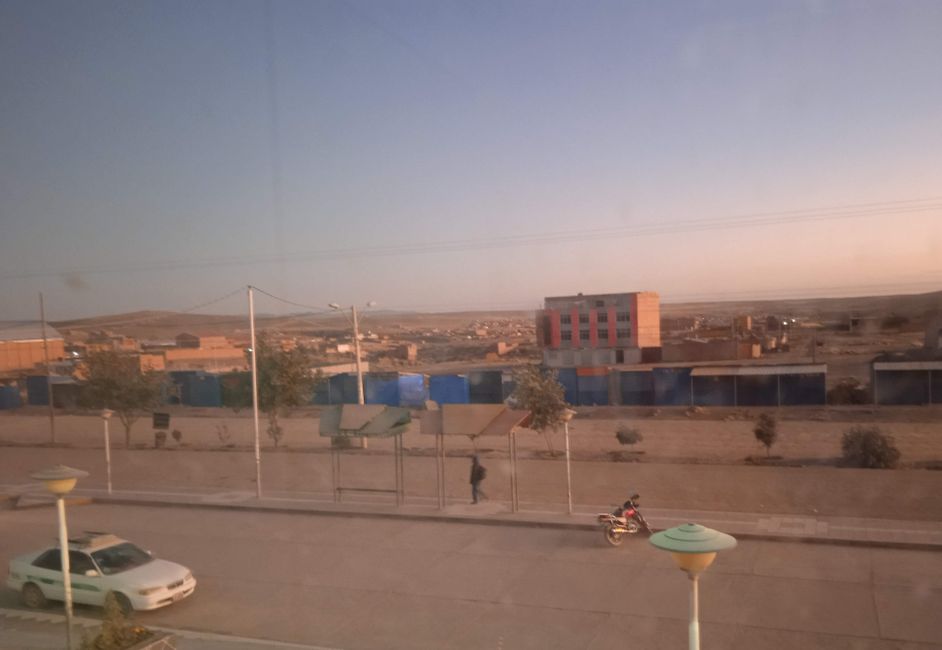
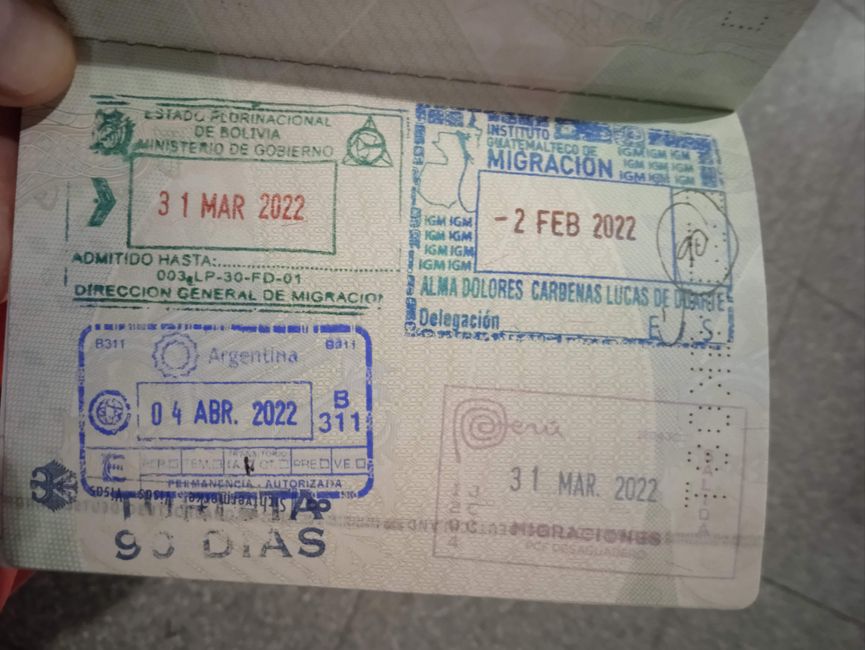
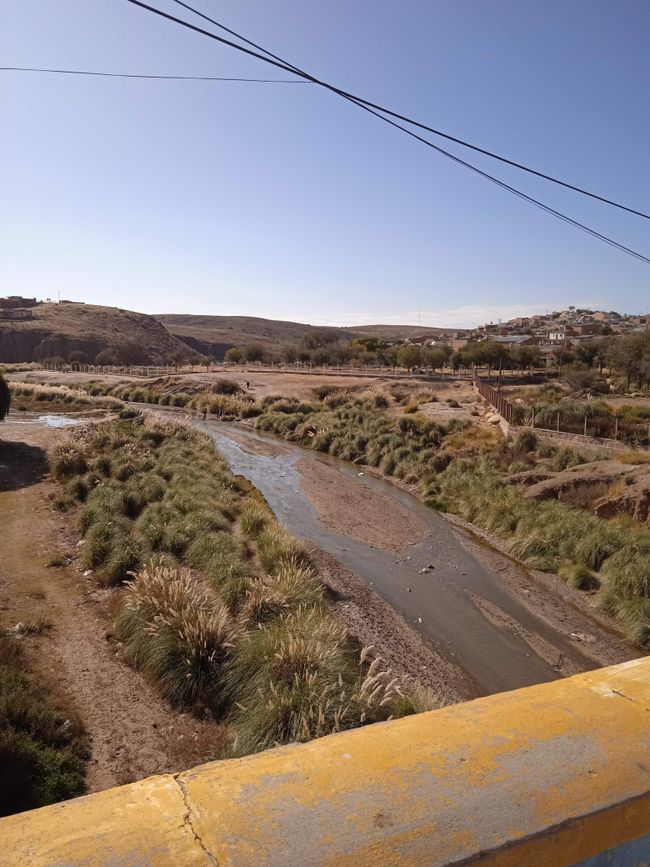
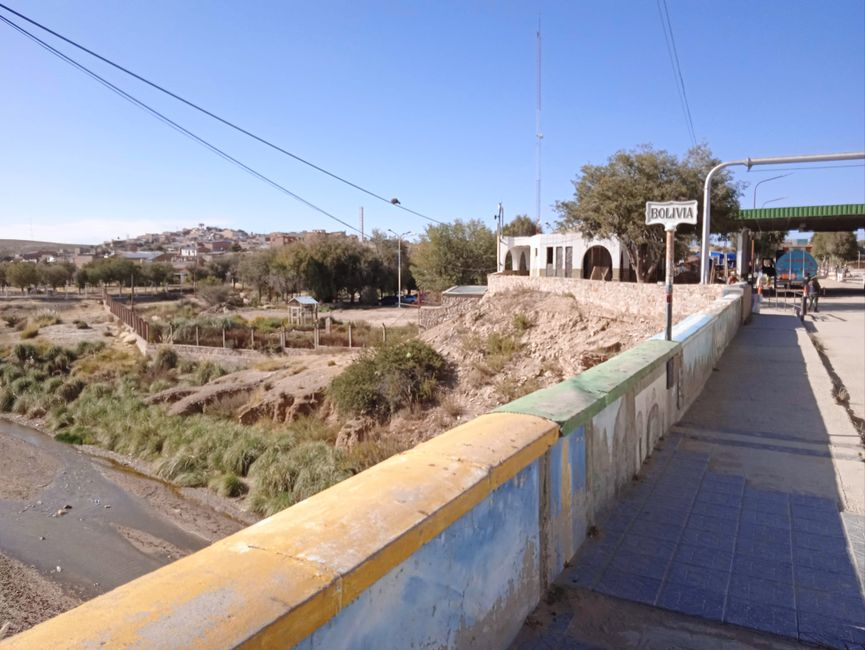
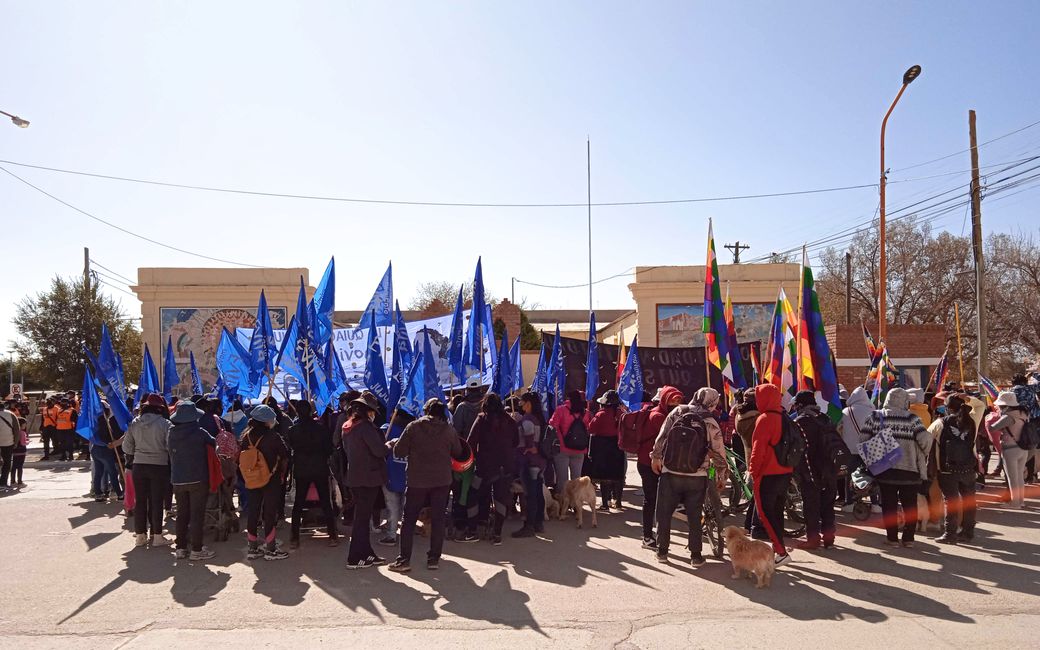
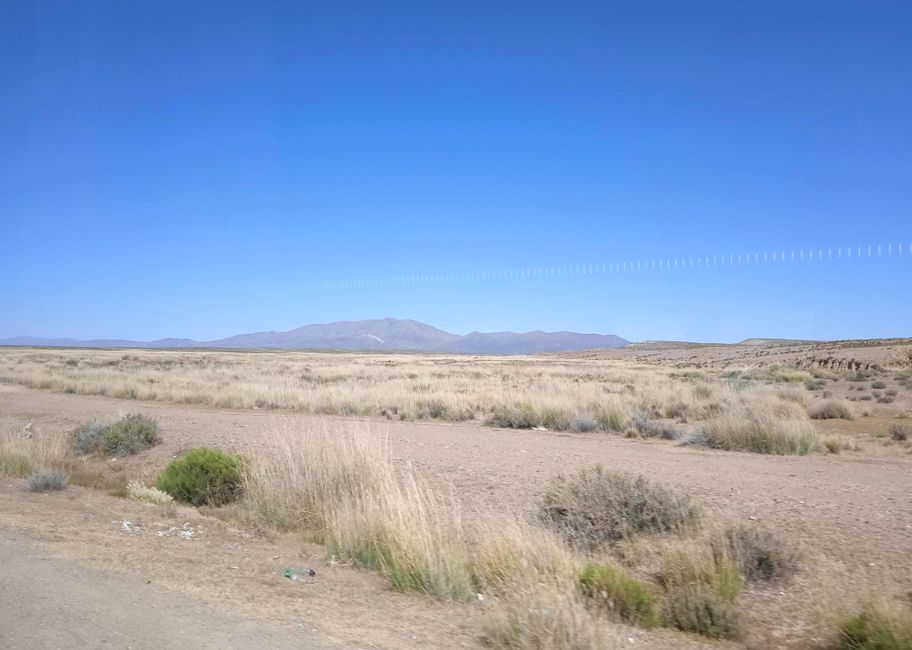
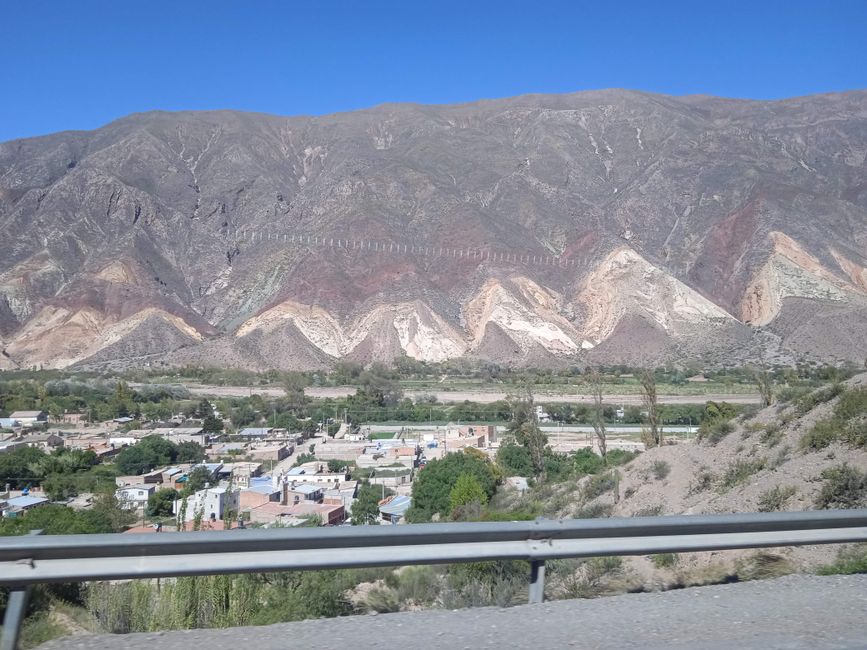
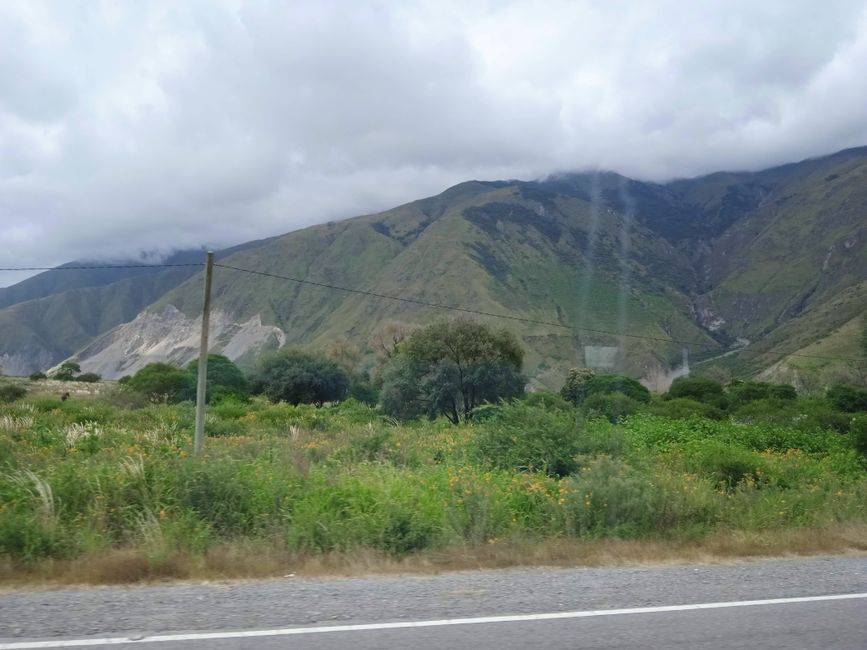
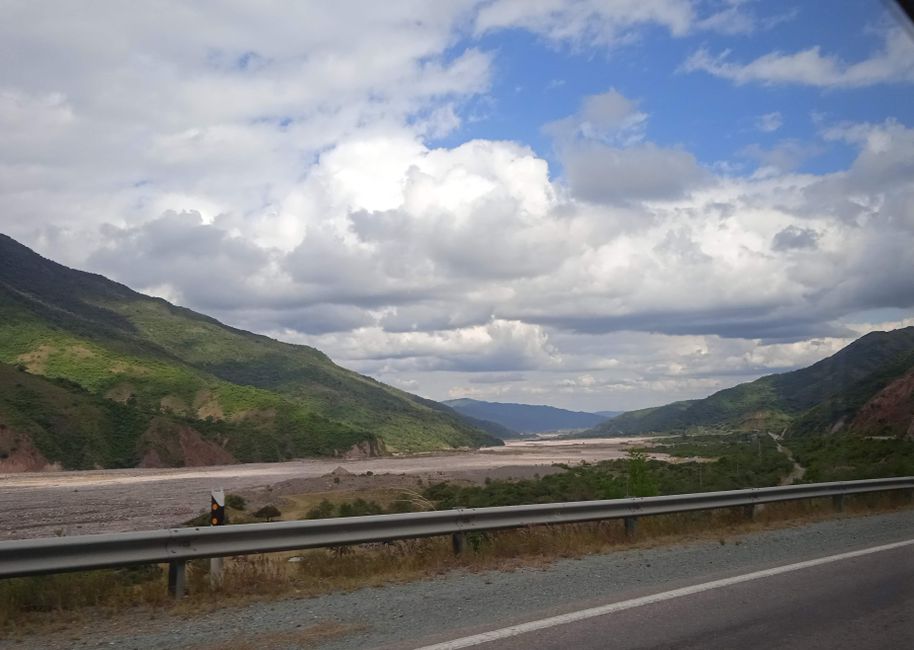
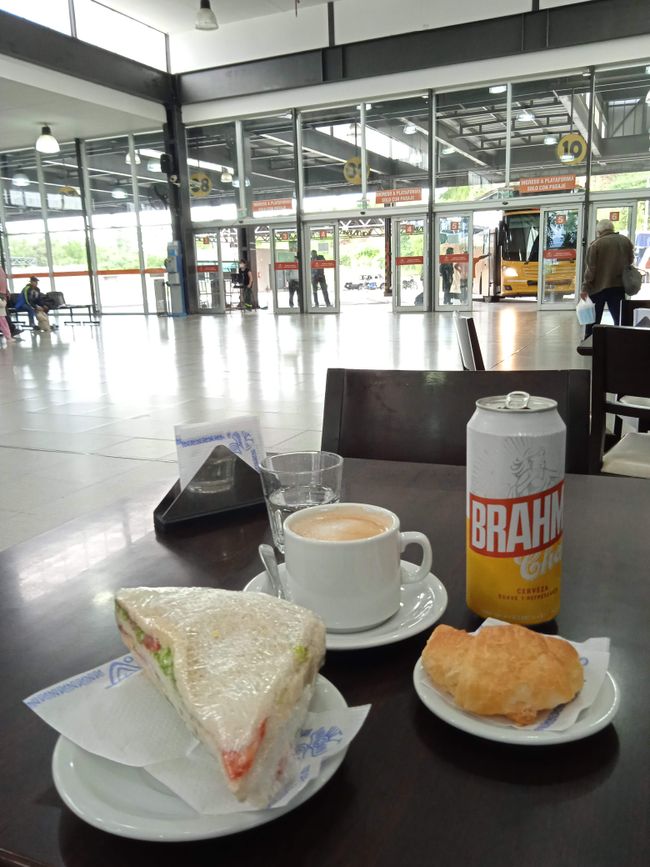
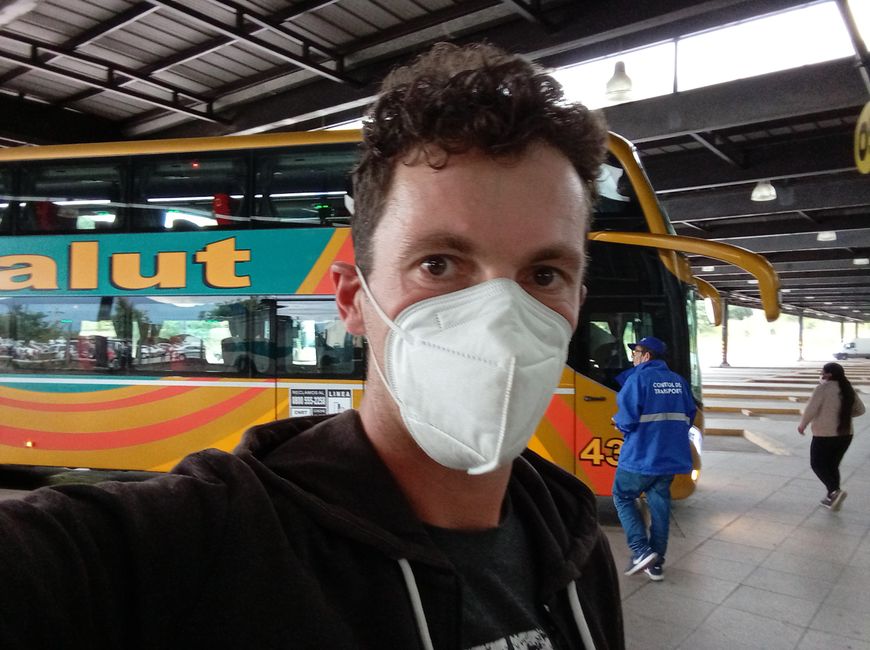
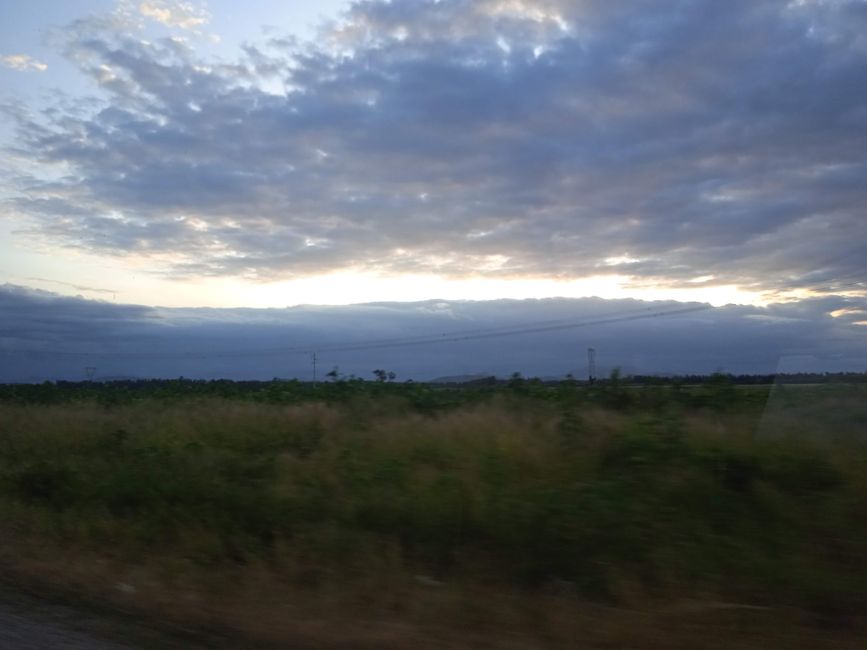
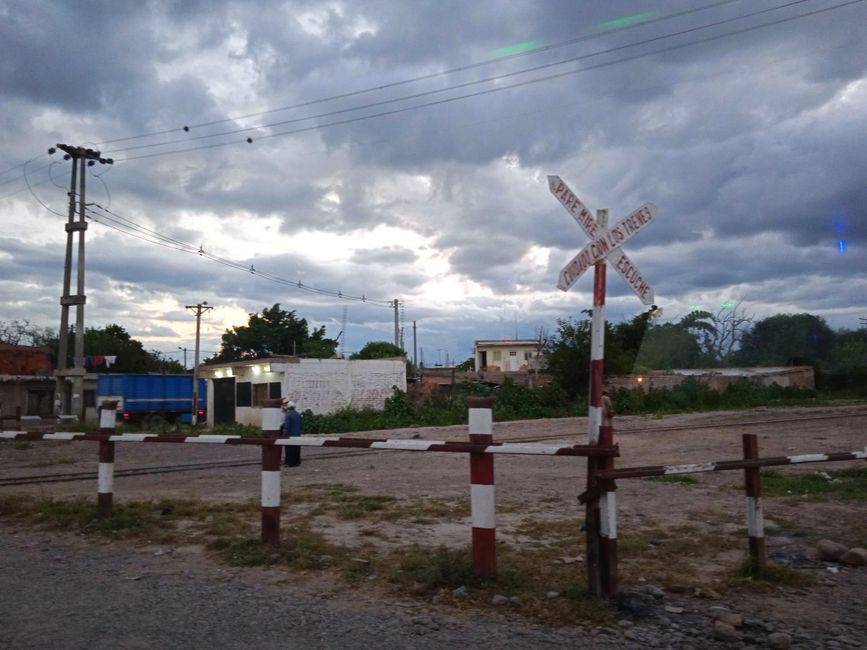
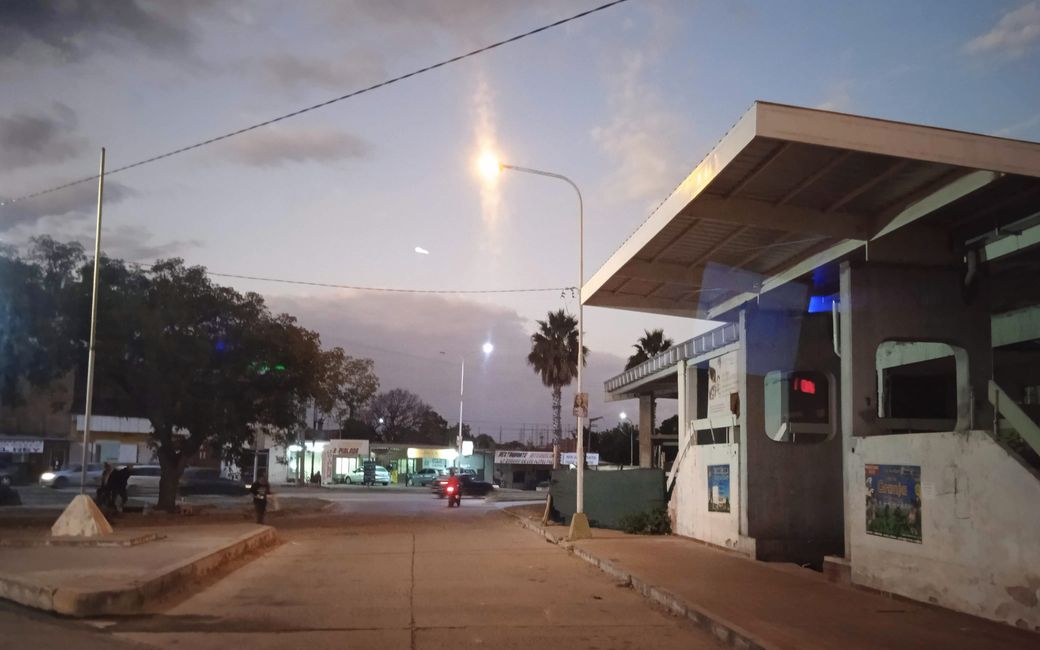
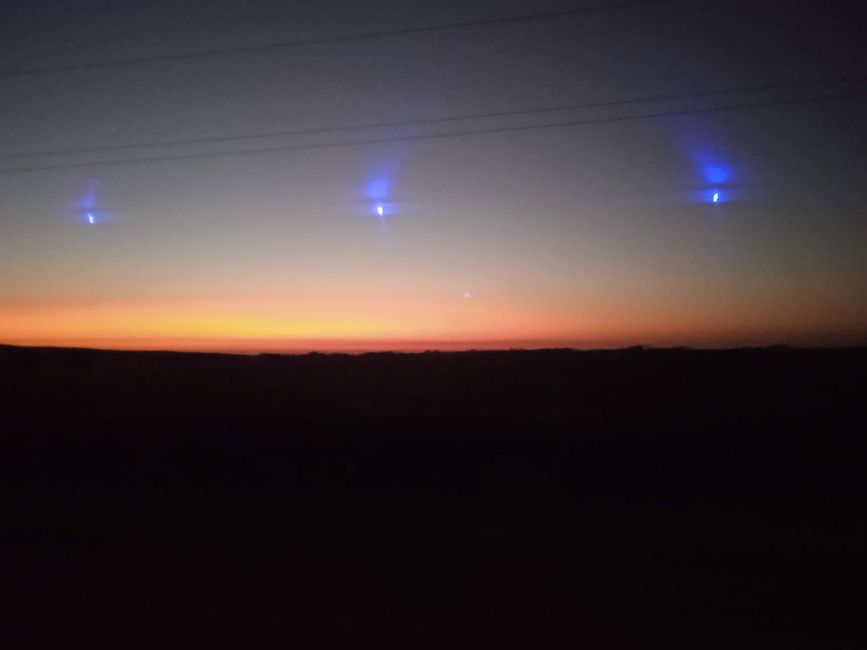
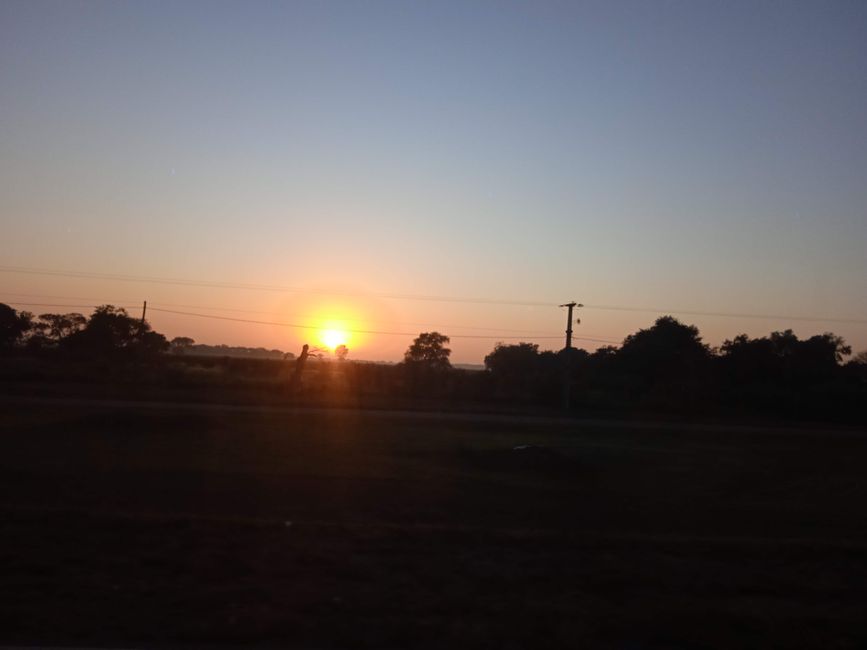
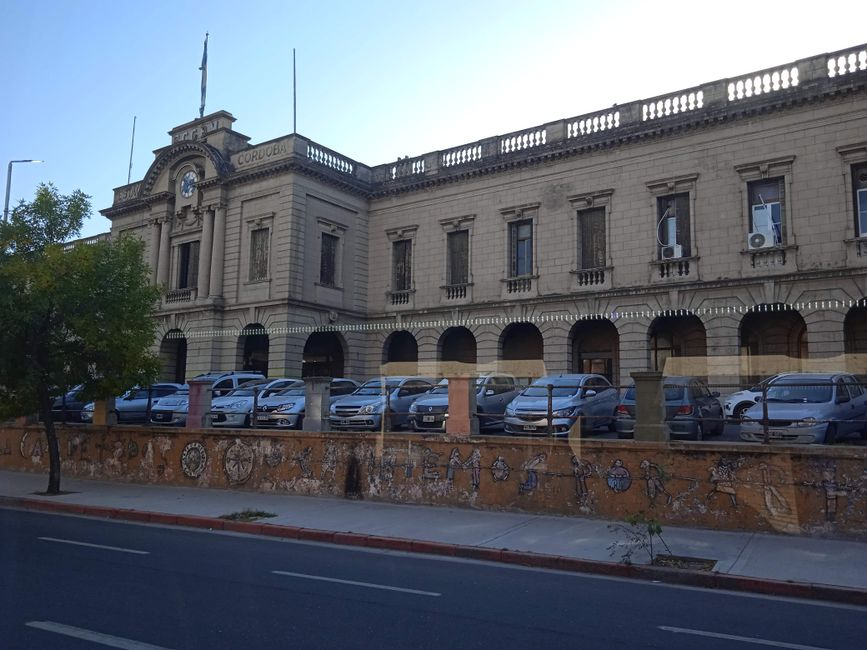
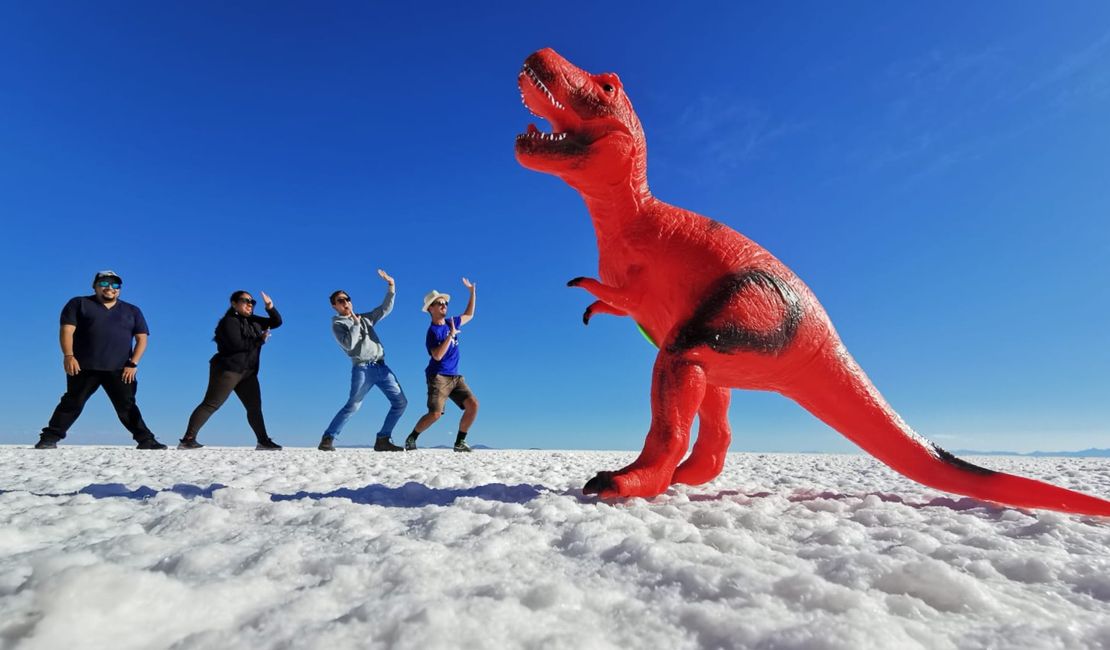
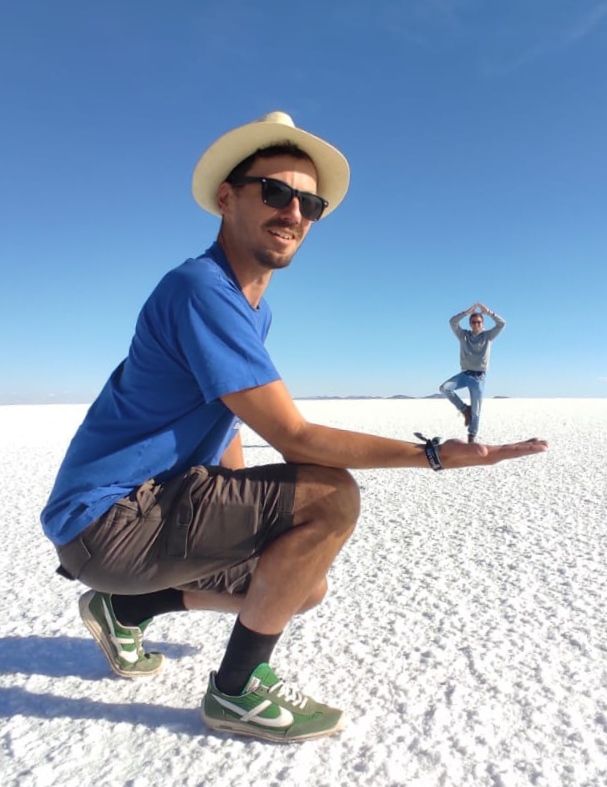
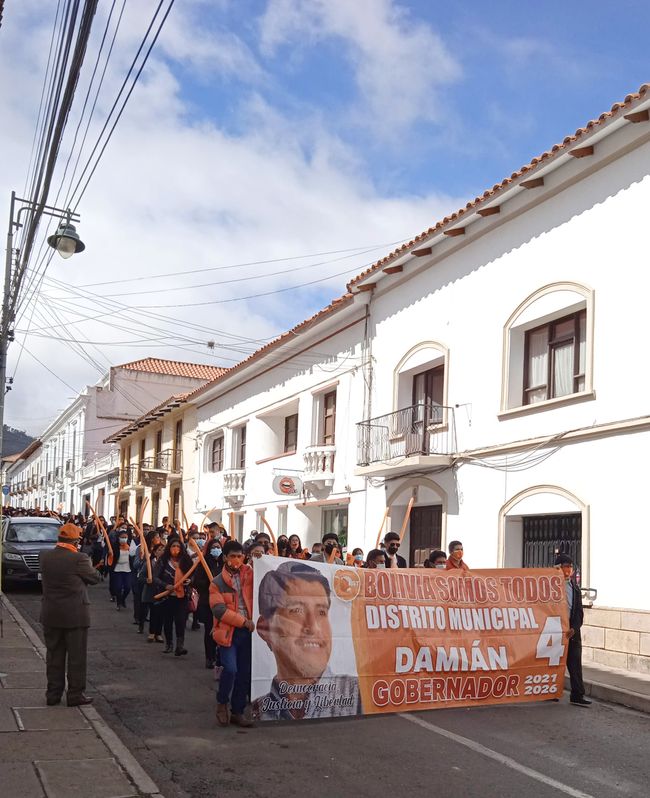
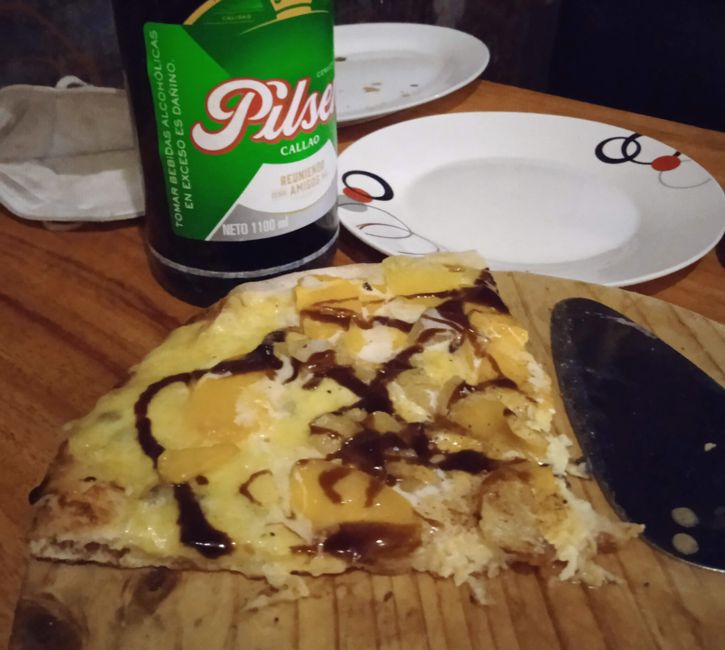
Subscribe to Newsletter
I still remember the evening more than two weeks ago when I was in Arequipa, Peru and enthusiastically decided to travel the remaining distance to Buenos Aires by bus. It was Sunday evening in Sucre when it became concrete. I boarded a bus at 8:30 pm that was supposed to take me to the Argentine border.
As always, the travel experience was worth the money. The long-distance buses, places with plenty of legroom, smoothly travelled through the country. We reached the border town of Villazon around 6 am. There, I was convinced to buy a bus ticket to Cordoba, Argentina, mistakenly thinking that the bus would take me directly to my destination across the border.
Tired and freezing, as the border was located in the desert of the Altiplano, I observed the ticket agent using 90s technology to make seat reservations, constantly adjusting his glasses. It almost failed because when he entered the letter combination 'Al', the computer only showed Algeria and Albania, but not Germany. We tried with 'Ge' and there it was: Germany. I paid my 55 euros for the 1,200km journey.
Then the middleman told me that I had to take care of crossing the border into La Quiaca, Argentina myself, and that my bus would leave from there in two hours. At least he paid the 60 cents for the taxi to the border.
Similar to the border between Peru and Bolivia, Villazon-La Quiaca seemed deserted and forgotten by time. Documents such as a vaccination passport, a Covid test result, a legal declaration about my health condition, and international health insurance had to be presented in printed form and were stamped in different barracks... a big difference from entering through a modern airport. My German insurance policy, including my explanation 'todo es includio', everything is covered, was also accepted without hesitation in Argentina.
So, after only four days, my Bolivian diary came to an end (a reference I couldn't resist).
Argentina, I walked into a country at 9 am with my backpack and travel bag, a country that always symbolized the other end of the world for me. Then the smart thought came to check the time zone. It was already 10 am in Argentina (one hour ahead of Bolivia, five hours behind Berlin), and I had to hurry to reach the bus station.
Almost casually, I tackled my priority list: 1. Cash, 2. SIM card, 3. Breakfast, 4. Bathroom break.
Afterwards, I comfortably sat with a view out the window again in a spacious double-decker bus, only interrupted by a transfer at 5:30 pm in San Salvador Jujuy. There, I had time for priority 5: brushing my teeth, and 6: coffee and Beer break.
After all the overnight bus rides, I enjoyed looking out the window and experiencing the passing landscape. At first, steppes, rocky deserts, herds of alpacas, and sandy highlands. Later, the descent from the Andes into the Argentine Pampas, occasional cattle and grasslands, and in the morning on the way to Cordoba, endless cornfields and agriculture stretching to the horizon. The bus itself was empty, six passengers spread over two decks.
After 36 hours, I finally arrived at my destination, Cordoba, Argentina, on Tuesday morning at 10 am.
Subscribe to Newsletter
Answer
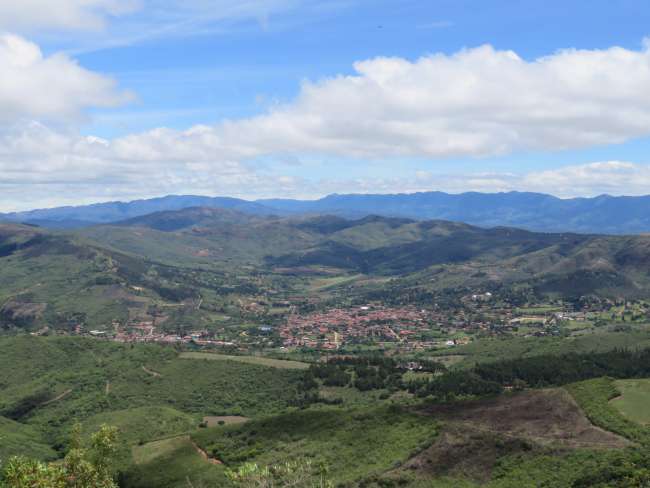
Travel reports Bolivia
